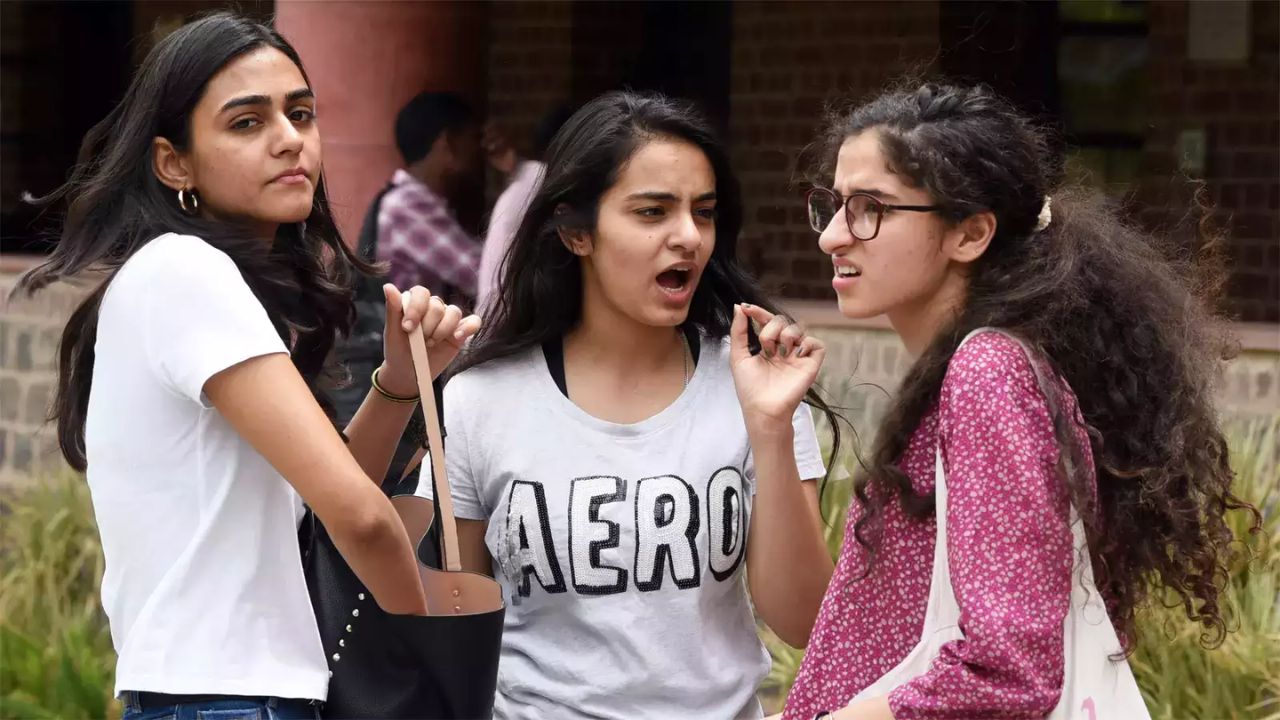Exploring US Student Visa Options for Indian Students: The United States government offers a variety of student visas for Indian pupils, including J, M, F, and EB-5 visas. Before applying for an M, J, or F student visa, students must first register to and be accepted by a recognised US educational institution. The institution must also be certified by the Student Exchange and Visitor Programme (SEVP).
Exploring US Student Visa Options for Indian Students:
F-1 Student Visa
The F-1 visa permits international students to study full-time in the United States at SEVP-approved institutions. A valid passport, academic transcripts, photographs, and evidence of financial stability are required. Academic eligibility requires completing 12 years of schooling and demonstrating English proficiency via examinations such as TOEFL or IELTS.
M-1 Visa
The M-1 visa is for non-academic programmes and vocational training/education. Until the completion of their course, M-1 visa holders may participate in vocational and technical programmes without a work permit.
New Mock Test Platform for IELTS Launched by Databank, Expanding Beyond TOEFL
Exploring US Student Visa Options for Indian Students: J-1 Visa
The J-1 visa is for applicants seeking employment in exchange and visitor programmes based on study in the United States. It permits individuals in need of training to study, instruct, and receive skill-based instruction.
EB-5 Visa
The EB-5 visa is an immigration programme designed to encourage foreign investment and economic expansion. To qualify, investors must invest at least $800,000 in a new commercial enterprise and create at least ten full-time employment for U.S. workers. Once approved, investors and their immediate family members can petition for permanent residency after two years as conditional permanent residents.
The EB-5 visa programme provides Indian students with a pathway to US residency, access to US colleges and universities, the possibility of in-state tuition eligibility, and reduced education costs. It enhances educational and career prospects in the United States by providing opportunities for personal and professional growth.
Nicholas A. Mastroianni III, President and Chief Marketing Officer of the US Immigration Fund (USIF), stated, “The EB-5 visa programme can provide numerous advantages to Indian students pursuing higher education in the United States. The primary objective is to provide them and their families with a path to U.S. residency, ensuring that they can remain in the country without the uncertainties associated with student visas. Given that the EB-5 visa leads to a green card, students would have greater access to U.S. public colleges and universities, and in some instances would be eligible for in-state tuition. Resulting in a substantial reduction in the cost of education.
The EB-5 programme distinguishes itself from other immigration programmes by providing permanent residency and unprecedented freedom. It provides the flexibility to work, change occupations, retire, or take vacations without the need for sponsorship. The EB-5 visa provides its holders with a vast array of opportunities and unmatched versatility.
Overall, the EB-5 visa programme provides a solid foundation for long-term personal and professional development for Indian students seeking to expand their educational and career opportunities in the United States.




